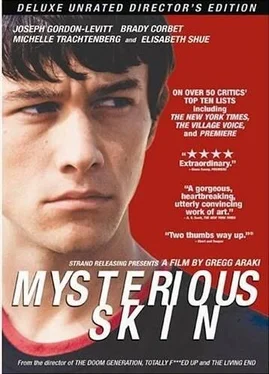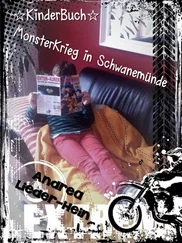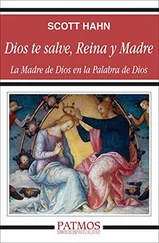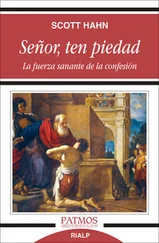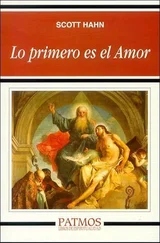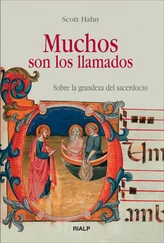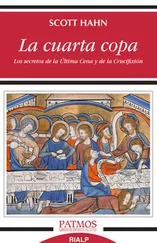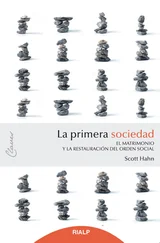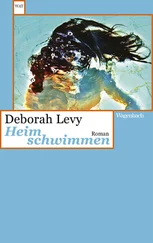He shook it. “Brian Lackey,” he said.
We looked away, toward the McCormick house. Neither of us spoke for what seemed a very long time.
WHITE
Autumn-Winter 1991
BRIAN LACKEY
Amazing things were happening. Summer fizzled, depositing its remains in swirling piles of leaves, sap that trickled from trees, and skeletal tumbleweeds that bounced through our town’s streets. The air smelled of ripening squash and melon. The nights became longer and cooler. I spent them lazing on my bed, my gaze directed out the window, watching migrating birds that scattered the sky. A family of possums took up residence in the trees beside our house. The cicadas buzzed their autumn lullabies; in the mornings, as I mowed my designated lawns for the final times that year, I’d find their crispy yellow shells fastened to trees, signposts, the frames of Little River’s decks and porches.
Gradually, my alien dreams ceased. Other dreams replaced them, these more brief and unsophisticated, new crystal-clear scenarios into which the eight-year-old Neil McCormick sometimes figured. I abandoned my dream log beneath my bed.
A certain sentence rang through my sleep, one spoken by Neil McCormick, seven words that I first remembered on the night Avalyn had been inside my room. Open your eyes, it will feel good.
College began in September. I enrolled, bought books, and studied. My mother surprised me by pulling into the driveway in a used Mustang she’d bargained from a lot in Hutchinson. The Toyota became my hand-me-down. I drove to school in the mornings and returned in the evenings, the routine falling into place.
Things went as expected; my courses, however, were easier than I’d predicted. And my psychology, calculus, meteorology, and English classes interested me less than did my growing friendship with Eric Preston. Since I’d met him, we’d been spending the steamy afternoons by frequenting the dollar-fifty matinees at the Flag Theater or listening to tapes in his room. I fibbed to my mother and claimed he was a friend from school I studied with. Initially I’d thought him strange, insisting we had nothing in common. But I realized that was wrong-I was no doubt just as strange. Besides, had I ever had a real friend before? Avalyn, perhaps, but she was thirteen years my senior. And as the days pitched forward, as my uncertainty about the UFOs and aliens grew, I wanted to divorce myself from my obsession with Avalyn. Although still preoccupied with the need to discover the solution to my missing time, I was no longer so certain the answer emanated from the spaceship I’d seen hovering over my house. The only thing I now knew was that somehow, Neil McCormick had my answer. And Eric Preston would lead me to him.
One night, not long after we’d met, Eric and I sat in his room and told each other about our lives. He outlined his childhood in Modesto, California, describing what he called “a completely normal life” until he started high school-when, he said, he “hung out with a wild crowd,” began “committing little crimes and taking cheap drugs,” and “came to the conclusion” he was gay. “A queer. A full-fledged fag.” He watched me when he said that, waiting for my reaction.
“Doesn’t bother me,” I said.
Eric continued. “Ultimately, I was knocked senseless by my parents’ car accident.” At that point, his face thawed slightly. “So here I am, in Kansas, with my dead dad’s parents.” His eyes closed and opened in slow motion. “Reborn.”
My turn. My childhood seemed tame when compared to his. I hadn’t taken drugs, hadn’t committed crimes, and was about as versed in sex as I was in sign language or acupuncture. So I made things brief, supplying little details: as a kid, I loved to capture grasshoppers and dragonflies in mayonnaise jars. Once my sister, Deborah, her friend Breeze, and I had tromped through an overgrown field to search for sandhill plums, only to be plagued with poison ivy the following day. My father never really liked me. In high school, I’d snagged second prize in a state-wide math contest…
Ultimately I cast anchor on what I knew Eric wanted to hear: why I’d chosen to seek out Neil McCormick. I chronicled the central mystery of my life, my obsession. I explained why I thought something important, even profound, remained hidden in the empty cracks from my eight-year-old summer; that Halloween two years later. And I ended by telling him about my interest in Avalyn. I hesitated; although no longer certain the UFO belief was truth, at least I considered that story intriguing or out of the ordinary. So I told Eric about the slight possibility that Neil and I were the victims of an abduction.
Eric appeared amazed, but I felt relieved when he didn’t laugh. He professed to be interested in unexplained phenomena as well, especially parapsychology. “I’m telepathic,” he told me. “Well, slightly.” He could prove it by a test: I would concentrate and close my eyes; he would transmit a message, just by staring at my head. I did as he instructed, but didn’t hear any inner voice. “What message did you receive?” Eric asked.
I ventured a guess. “Urn, the weather sure is nice today?”
He winced. “Oh, forget it.”
Outside, cars drag raced through the trailer court’s cul-de-sac. When the noise quieted, Eric asked further questions about the aliens. I mentioned the dreams I’d had; my recent inklings that something more lurked beneath them. When I finished, Eric promised to prepare Neil for our upcoming meeting by informing him about my UFO suspicions. “No, you don’t have to do that,” I said.
“Yes I do. I’ll send him a letter.”
“Hmm.” I imagined Neil McCormick’s fingers tearing at Eric’s envelope, the same fingers I’d dreamed gripping mine. I saw him reading, pausing over the words about me, and then, as he gradually remembered, closing his eyes and smiling.
One morning, the telephone woke me, and minutes later my mother appeared in my bedroom doorway. “It’s Avalyn,” she said. I hadn’t seen Avalyn since that night on my bed, the night of her failed attempt at whatever she was attempting. I’d only spoken to her twice that month. In many ways, I missed her. But an inner voice held me back, instructing to put my Avalyn visits on hiatus until I discovered more about Neil and our past together. “Tell her I’m asleep,” I said.
My mother grabbed the upstairs extension. “I’m afraid he’s still in bed. All that studying makes him sleepy.” Something-possibly triumph-soured her voice. “Bye-bye.”
Just as I began dozing off, the phone rang again. I knew it wouldn’t be Avalyn, so I answered. It was Eric, asking if I wanted to “go hunt watermelons.” That sounded odd. I hadn’t eaten watermelon in years, due to the simple fact that they had overpopulated my childhood. After my father had left, the field beside our house had become just that: a field. It was no longer a venerated patch of land for growing that sticky-sweet fruit; no longer a place where my father spent summer and autumn hours planting, cultivating, and ultimately picking.
Still, when Eric asked, it piqued my interest. I brushed aside papers scribbled with notes for my upcoming psychology exam. “They won’t be ripe anymore,” I guaranteed. “It’s nearly November.” Then he told me we would go along as guests of Ellen McCormick. Neil’s mother. The person closest to him, the woman I still hadn’t met. “What time should I be there?” I asked.
Now that I had unlimited use of the Toyota, I could come and go as I pleased. I hedged telling my mother the truth, tapping a knuckle on my psychology book to indicate I planned to study at the library. My mother seemed to like Eric slightly more than she had Avalyn; nevertheless, the day after she met him, she’d referred to him as “weird” and “morose,” claiming she believed he “carried some secret in all that depression.” I didn’t care what she thought; he was my friend. I stepped out the door, waving good-bye.
Читать дальше
